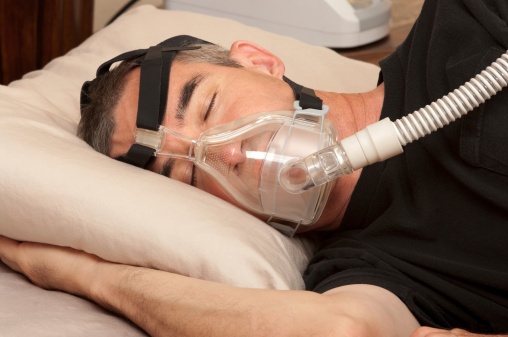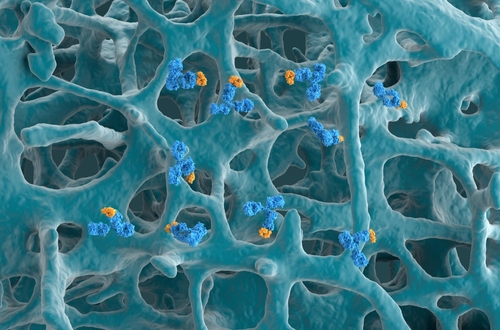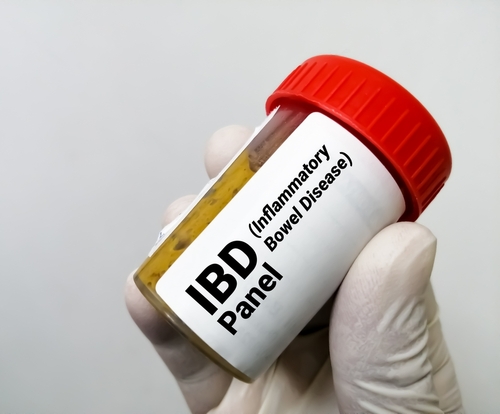
Patients living with a combination of obstructive sleep apnea (OSA) and mild cognitive impairment (MCI) who adhere to one year of continuous positive airway pressure (CPAP ) therapy significantly improved their cognitive processing speed, according to a study published in the Journal of the American Geriatrics Society.
This quasi-experimental pilot clinical trial enrolled 68 participants at baseline with MCI, aged 55 to 89 (mean age, 70, 44.4% female, 64.8% white), who were patients at sleep and geriatric clinics from September 2012 through December 2014, with an apnea-hypopnea index of 10 or higher. Researchers separated the participants into two groups, OSA and MCI patients who adhered to one year of CPAP (n=29) versus OSA and MCI patients who did not adhere to CPAP (n=25). The non-adherence group was perceptibly older, with fewer who were white and married. Moreover, 14 (21%) participants dropped out of the study during the one-year follow-up period.
The study’s primary cognitive outcome was memory, assessed by Hopkins Verbal Learning Test-Revised, and the secondary cognitive outcome was psychomotor/cognitive processing speed, assessed using the Digital Symbol subtest from Wechsler Adult Intelligence Scale Substitution Test. Both secondary function and progression measures were the Everyday Cognition, Alzheimer’s Disease Co-operative Study-Clinical Global Impression of Change Scale, and Clinical Dementia Rating.
Have sleep apnea? Using your CPAP device consistently may slow memory loss https://t.co/gLv6TshNMV via @AmerGeriatrics @EurekAlert #teachsleep
— Terry Cralle, M.S., R.N., CCSH (@PowerofSleep) March 18, 2019
Adherence to CPAP Enhanced Cognitive Speed
Results of the study suggest marked improvements in psychomotor/cognitive processing speed in the MCI plus CPAP group juxtaposed with the MCI minus CPAP group when observed at one year after adjustment for age, race, and martial status (parameter estimate, 1.68; standard error=0.47; 95% CI, 0.73 to 2.62), with a six-moth effect size (ES) of 0.46 and a one-year ES of 1.25. Furthermore, there were small to moderate ESs for memory (ES=0.20, 6 months), attention (ES=.025, 1 year), daytime sleepiness (ES=0.33, 6 months and ES=0.22, 1 year), and everyday function (ES=0.50, 6 months) favoring the MCI plus CPAP group compared to the MCI minus CPAP group.
“Our research revealed a statistically significant beneficial effect of CPAP adherence,” said the researchers of the results. “Controlling for age, race, and marital status, on psychomotor/cognitive processing speed with a moderate to large ES at one year, and small to moderate effect sizes across multiple domains of cognitive function in persons with MCI and OSA. Although this was a pilot study, our data show a pattern of benefits for CPAP adherence in older adults with MCI and OSA.”
Despite these positive results, the researchers hoped to further elucidate their testing, and said that a “larger adequately powered study is needed to confirm our findings.”
Have Sleep Apnea? Using Your CPAP Device Consistently May Slow Memory Loss… https://t.co/cgifYtJ1Hh pic.twitter.com/c41VsS4Muc
— Tom Leonard (@2healthylife) March 18, 2019
Have sleep apnea? Using your CPAP device consistently may slow memory loss https://t.co/2RhvVvEokg #SleepApnea #Health #HealthResearch
— The Health Tweet (@TheHealthTweet) March 19, 2019







 © 2025 Mashup Media, LLC, a Formedics Property. All Rights Reserved.
© 2025 Mashup Media, LLC, a Formedics Property. All Rights Reserved.